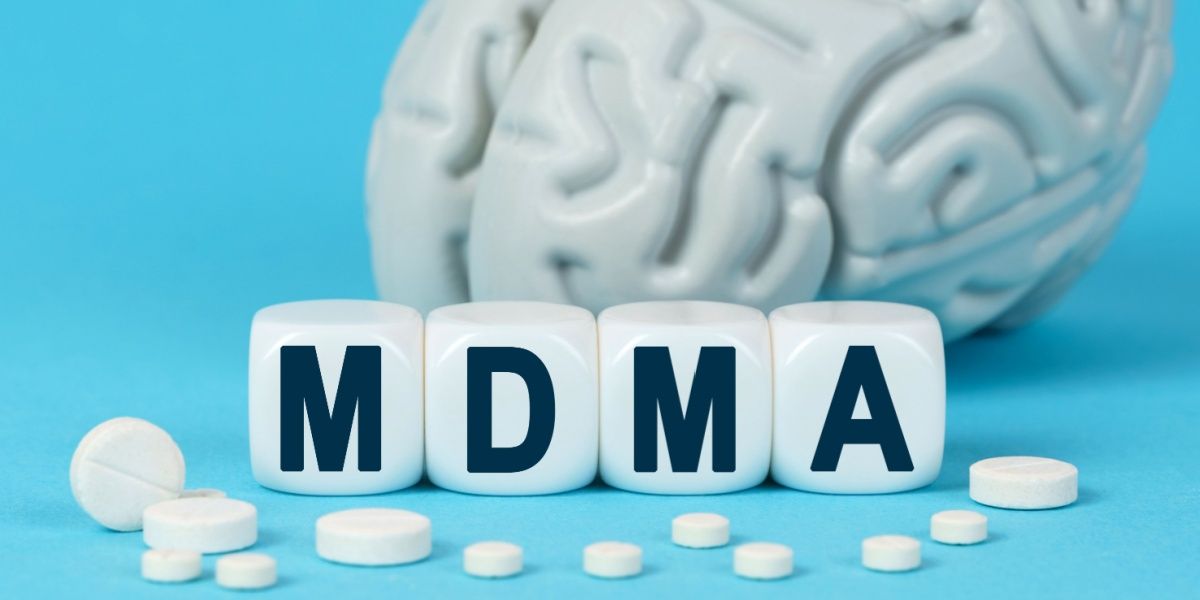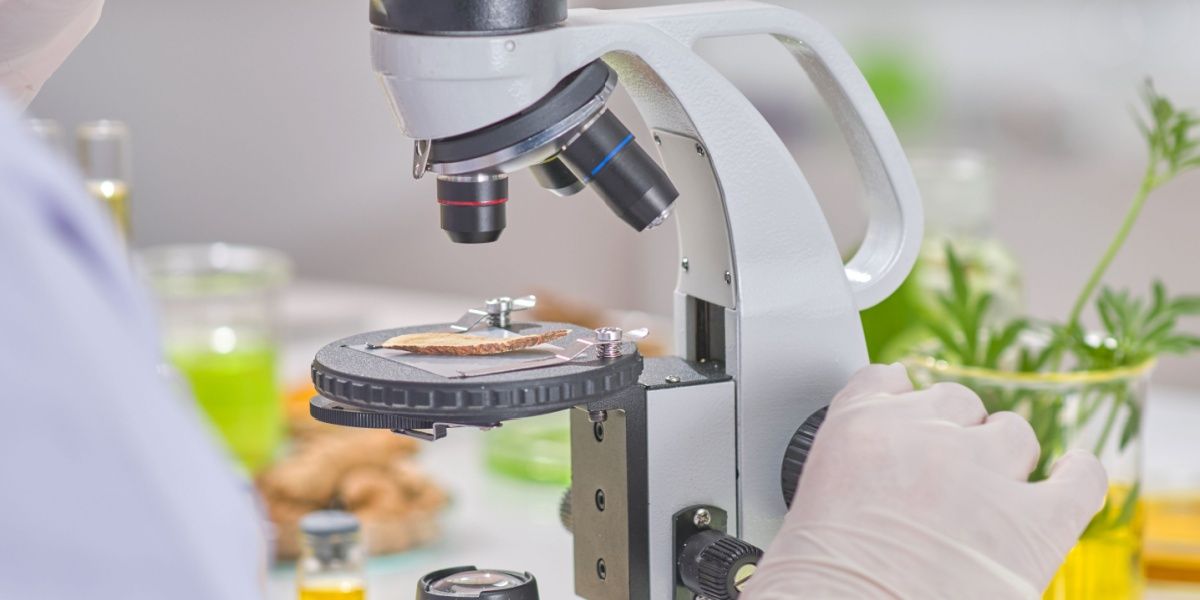From July 2023, psychiatrists in Australia will be able to prescribe psilocybin for severe depression and MDMA for post-traumatic stress disorder (PTSD), the country’s Therapeutic Goods Administration (TGA) has announced.
.jpg?v=1722513466)
Revaluation of long-criminalized drugs
The drug watchdog, Therapeutic Goods Administration (TGA), said it had found “sufficient evidence for potential benefits [of psychedelics] in certain patients”.[1]
Psilocybin is the active ingredient in hallucinogenic magic mushrooms, while MDMA is a party drug and stimulant also known as ecstasy. Both were previously used experimentally for the treatment of mental health conditions and as an adjunct to psychotherapy before being criminalized around the world. In Australia, the drugs have been classified as Schedule 9 prohibited substances, with their use reserved only for closely-controlled clinical trials.[2]
But in recent years, relaxing attitudes toward recreational drugs and the inadequacy of current treatments for severe mental health conditions have revived interest in the substances.
Dr. David Caldicott, clinical senior lecturer in emergency medicine at Australian National University, told The Guardian that it has become “abundantly clear” that controlled use of psilocybin and MDMA “can have dramatic effects on conditions often considered refractory to contemporary treatment.”[3]
A report prepared by an expert panel and cited by the TGA was more guarded. After reviewing recent trials, it concluded that the drugs were “well tolerated” and “may show promise in highly selected populations” when “administered in closely clinically supervised settings and with intensive professional support.”[4]
Use will be limited
The TGA hasn’t yet approved any medications containing MDMA or psilocybin. Instead, it will permit authorized psychiatrists to access and supply “unapproved” medicine containing these substances to patients with treatment-resistant depression or PTSD under their care.[1]
To be approved to prescribe these drugs, psychiatrists must be vetted by both a human research ethics committee and the TGA through Australia’s Authorised Prescriber Scheme. They’ll have to clinically justify the use of the substance and meet a range of yet unspecified criteria covering the selection and monitoring of patients, their own training, reporting, and safety measures.[5]
The psychiatrists will likely only be permitted to offer the substances as part of a program of psychotherapy, as that’s how they’ve been studied, Rhys Cohen, a consultant for cannabis firms, told Wired.[6]
MDMA and psilocybin can make psychotherapy more effective
Both psilocybin and MDMA are thought to increase patient receptiveness to psychotherapy and its effectiveness.
MDMA helps users feel open and emphatic. For patients with PTSD, MDMA can help them feel safe and at ease and help them undergo psychotherapy sessions without being overcome by flashbacks and fear.
Meanwhile, psilocybin can ease severe depression by increasing entropy and flexibility in the brain, breaking old unhealthy circuits of rumination and forming new, healthier networks.
Other countries likely to follow
Australia is the first country to legalize the medicinal use of psilocybin and MDMA. However, since January 1, the U.S. state of Oregon has since permitted the use of psilocybin in clinical settings, a program approved by voters in a 2020 referendum.[7] Meanwhile, Canada has a special access program through which physicians can request permission to prescribe the substance to patients with serious or life-threatening conditions.[8]
Other nations are likely to follow Canada in legalizing hallucinogens for medicinal purposes, responding to a growing body of research and shifting public opinion. In the US, the Biden administration has said it anticipates the FDA will designate psilocybin and MDMA as “breakthrough therapies” for depression and PTSD, respectively, by 2024.[9]
Related: A Historic Turn: The VA Allocates First MDMA-Assisted Therapy Funds in Over Five Decades


-blog-detail.jpg?v=1722513348)

